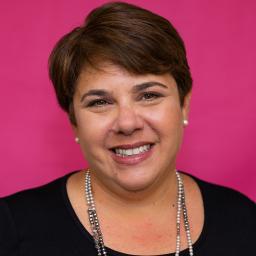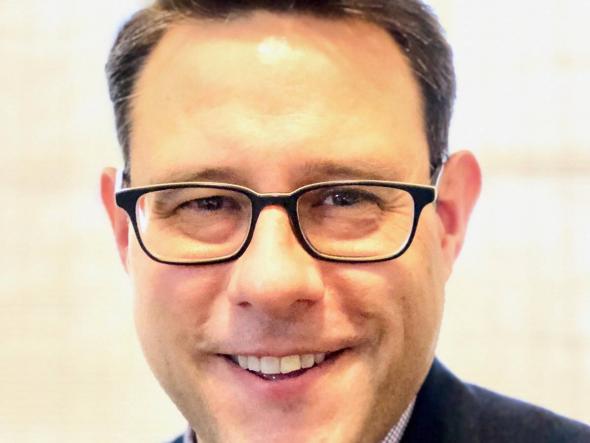School leaders love routine and schedules. We live by the school calendar, making all our plans around school events and activities. We like knowing when the bell will ring to start the day, when each class has recess, lunch, and specialties. We go over our calendars meticulously, more than once a day. We schedule meetings, observations, sometimes even a casual conversation. All of us have headed to school with more than a little apprehension on those days when we can’t follow our carefully calibrated plans. Color war, Lag Ba‘Omer, the Purim carnival, to name a few, are exhausting days for all of us. Those are the days we drive home, exhaling a sigh of relief that tomorrow we’ll be back to normal.
The coronavirus pandemic has redefined our normal. There are no more decorated schedules posted on classroom doors or bells ringing to signal where we go next. We are making decisions that make sense one day and aren’t in compliance with the CDC the next. Board members and lay leadership are asking for answers we can’t give. Teachers are panicking, worried if they will even have a job and what that job might look like. Some have sent emails to their staff with projections for September; by the time the teacher reads it, it’s already changed. Others are playing the “waiting game” to see what the next day, week, or month will bring. So where does that leave us?
I recently read a book for my doctorate, Thinking in Bets, by Annie Duke, a former professional poker player. The book’s premise is that every decision we make as leaders, whether in business, politics, or schools, is essentially a bet. The online Oxford dictionary defines the word “bet” as “risk something, usually a sum of money, against someone else’s on the basis of the outcome of a future event, such as the result of a race or game.” This is exactly what we, as school leaders, are being asked to do every single day: make decisions that are essentially bets. We don’t, and can’t, know the outcome ahead of time, so how will we know if our decision is good or bad?
In the first chapter of Duke’s book, she recounts the 2015 Super Bowl between the Seattle Seahawks and New England Patriots, which came down to a final play. Most people watching expected Pete Carroll, the Seahawks coach, to make a certain call. He didn’t, and the Seahawks lost in the final seconds. Sports announcers, writers, and commentators across the county said it was the worst decision in football history. In her book, Duke wonders why so many people thought he made the wrong call, and she answers simply: the play didn’t work. Leaders equate a failed outcome with a bad decision, but Duke argues against that premise. When interviewing multiple leaders across the country, she asked them what they considered to be the worst decision they ever made. In almost every case their answer was directly related to a bad outcome. She calls this resulting.
Resulting is when we judge our decisions based solely on the outcome. We, and others, gauge our effectiveness as leaders depending on the outcome, not the decision. Did we get the outcome we hoped for? Congratulations, you are a success! Things didn’t go as planned? Sorry, you failed.
Private school leaders continuously go through this cycle. If you’re lucky, your school creates a culture of growth so that bad outcomes are not equated with bad decisions—a collaborative culture in which outcomes are discussed and analyzed to achieve success. Many of us aren’t as lucky. We are constantly caught in a vicious cycle of decision-making, resulting, adjusting, resulting… It never ends. This anxiety-provoking process is taking a toll on our school leaders, our teachers, and ultimately, our students. We need to break this cycle.
We are all aware of what we don’t know. What decisions will result in the best outcome this September? Do any of the new “innovations” or new “distance-learning models” that are clogging our inbox work? Which teachers are considered essential?
I am suggesting you focus on what you do know. You know your students, your teachers, and your community. Start forming small professional learning groups now, so that teachers can work together over the summer to plan virtual curriculum that can always adjust to in-school lessons. Choose teacher leaders to facilitate these groups. Suggest teachers work with colleagues from other schools to share information.
Then, you will start to have the tools you need to make informed decisions, “good” decisions, decisions backed by qualitative data. While we can’t control the final outcomes of this pandemic and their impact on our schools and the future of education, we can control the choices we make and the decisions we believe will ultimately best serve our students.




